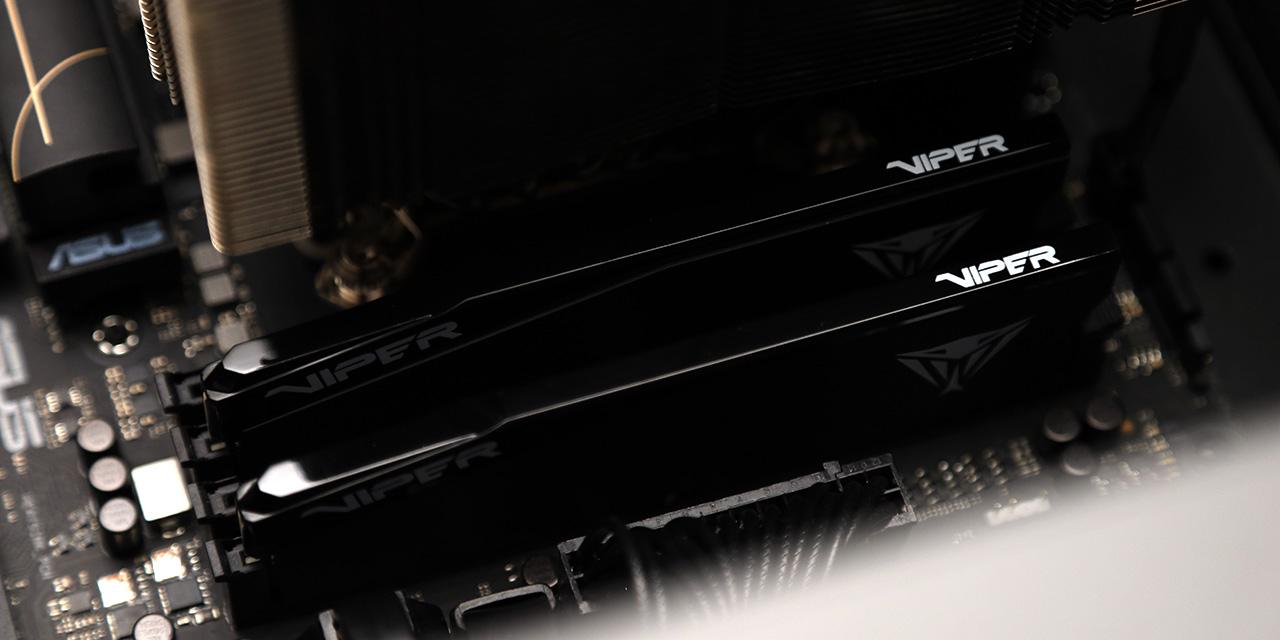|
From X-bit Labs: In the world where smartphones not only outsell PCs, but even feature-phones, it is not really wise not to address the rapidly growing market. Nonetheless, it looks like Advanced Micro Devices, the No. 2 microprocessor supplier in the world, still has no plans for making chips for smartphones, something that even much smaller companies develop. Lisa Su, senior vice president and general manager of global business units at AMD, reaffirmed in an interview with GulfNews web-site that the chip designer is trying to address nearly all rapidly growing markets, including low-cost/low-power personal computers, video game consoles, media tablets, hybrids, but only not smartphones. Moreover, the company even has no plans to enter the highly-competitive smartphone SoC business. “We really want to play to our strength in microprocessors, design and graphics capability. Gaming is a major focus for AMD. We are looking for areas to differentiate and gaming is a place where we can differentiate. […] We will continue to look for key opportunities. The traditional PC market is really changing as we see a lot of new form factors. The PC business is our key but we will look for opportunities that will help us grow. […] Our APU strategy is working. We have announced our third-generation APUs in May – Kabini, Temash and Richland. We got a strong feedback and more and more applications will be using the APU architecture,” said Ms. Su. It is pretty hard for AMD to develop a smartphone chip since it simply almost has no experience in sub-1W application processors and does not have any communication IP. Still, the company now has license for ARM Cortex-A50 low-power/high-performance cores and in a year it will have access to GlobalFoundries’ 14nm-XM process technology, which will reduce power consumption of 28nm by 50% or more. Besides, AMD could license communication technologies from third parties. Therefore, over time the company may gain ability to address smartphones. Just half a year ago AMD also had no plans to support Google Android platform. Last month the company changed its stance and announced plans to support both Android and Chrome OS. View: Article @ Source Site |
 |
AMD Still Has No Smartphone Plans – Company
© Since 2005 APH Networks Inc. All trademarks mentioned are the property of their respective owners.





